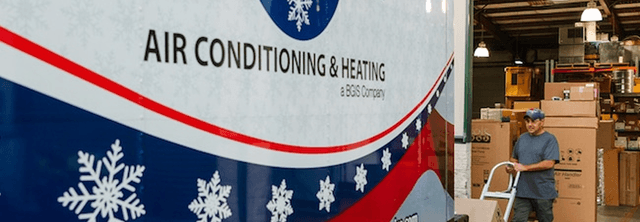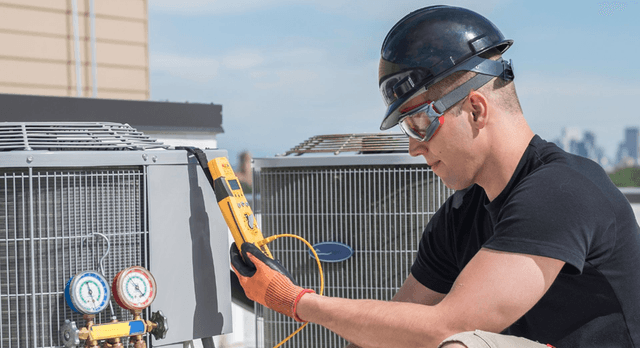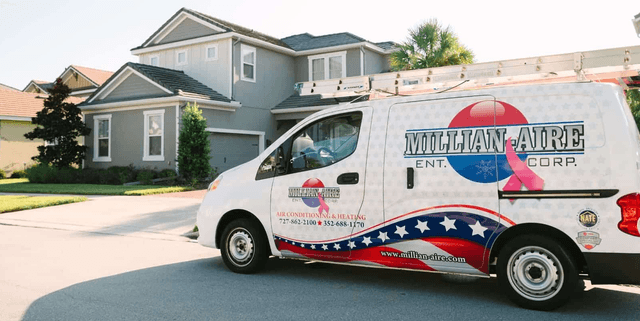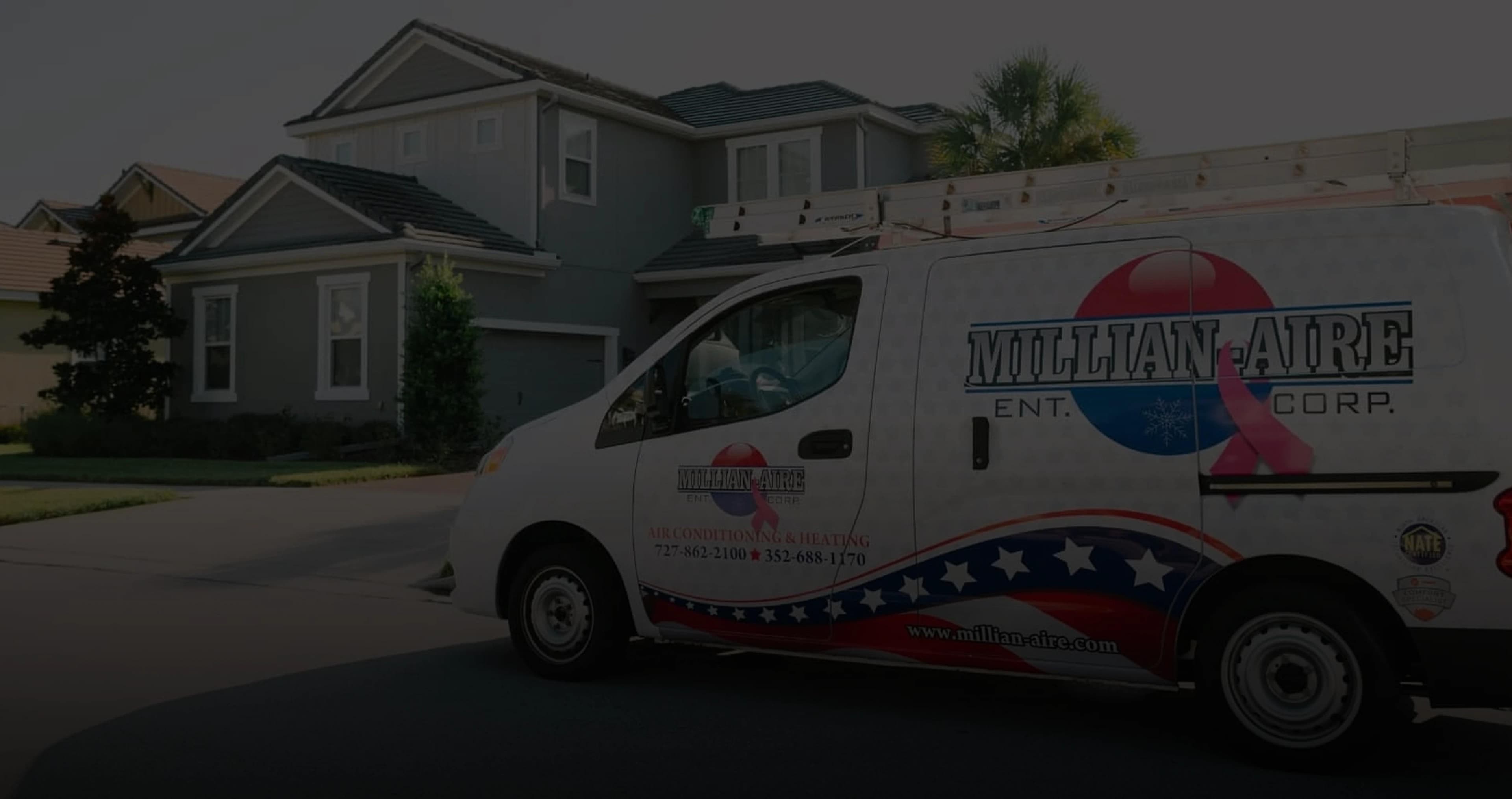
AC Repair & Installation in Hudson, FL
1400+ Google Reviews • Certified Technicians • 100% Satisfaction Guaranteed
Our Services
Mall of Georgia
In 2019, Millian Aire completed a high-profile HVAC installation at the Mall of Georgia, installing two 25-ton rooftop units (RTUs) for Regal Cinemas. Due to the height of the parapet and the unit’s location deep within the rooftop, a traditional crane was not feasible—necessitating a helicopter lift. Coordinated with strict FAA safety protocols, our team ensured flawless execution with ground and rooftop crews on site. This project exemplifies our technical expertise, precision planning, and ability to solve complex commercial HVAC challenges.
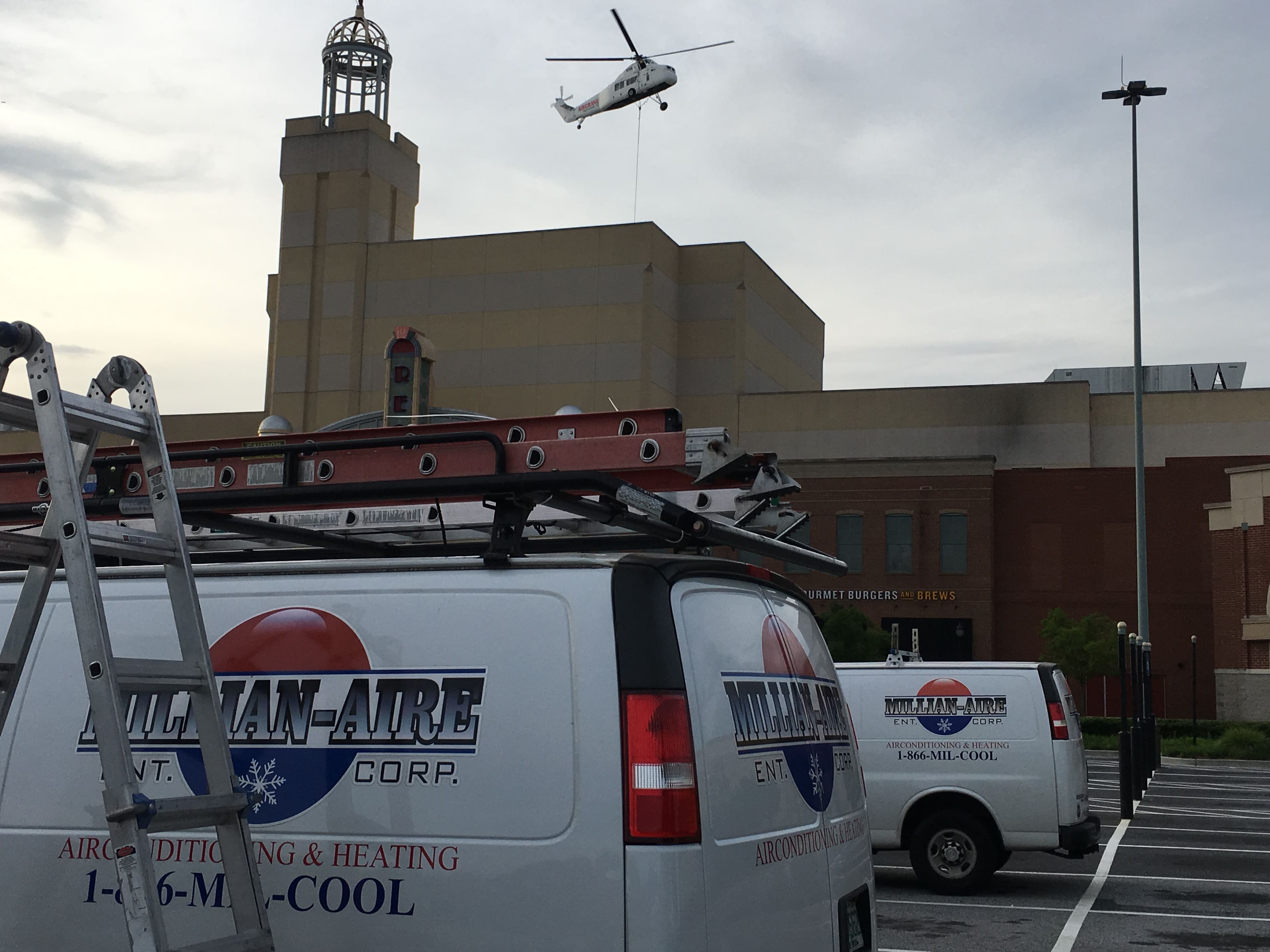

+1350 Google Reviews From Happy Customers!
Victor was extremely knowledgeable and suggested additional service, of which I was already aware; and confirmed my suspicions of possible issues.
Millian Aire is a great company to work with. They are always available if there is an emergency and they keep us informed when the maintenance service is due. Ask for Chase and Craig...
I HIGHLY recommend this service. Their technician Russel did an outstanding job... friendly, professional... took photos of everything.
Technicians are efficient and respectful.
I highly recommend their service. Always on time and super efficient.
Victor was extremely knowledgeable and suggested additional service, of which I was already aware; and confirmed my suspicions of possible issues.
Millian Aire is a great company to work with. They are always available if there is an emergency and they keep us informed when the maintenance service is due. Ask for Chase and Craig...
I HIGHLY recommend this service. Their technician Russel did an outstanding job... friendly, professional... took photos of everything.
Technicians are efficient and respectful.
I highly recommend their service. Always on time and super efficient.
Victor was extremely knowledgeable and suggested additional service, of which I was already aware; and confirmed my suspicions of possible issues.
Millian Aire is a great company to work with. They are always available if there is an emergency and they keep us informed when the maintenance service is due. Ask for Chase and Craig...
I HIGHLY recommend this service. Their technician Russel did an outstanding job... friendly, professional... took photos of everything.
Technicians are efficient and respectful.
I highly recommend their service. Always on time and super efficient.
Tampa's Trusted Experts For 30+ Years!

Proudly Serving The South Western Florida Area!
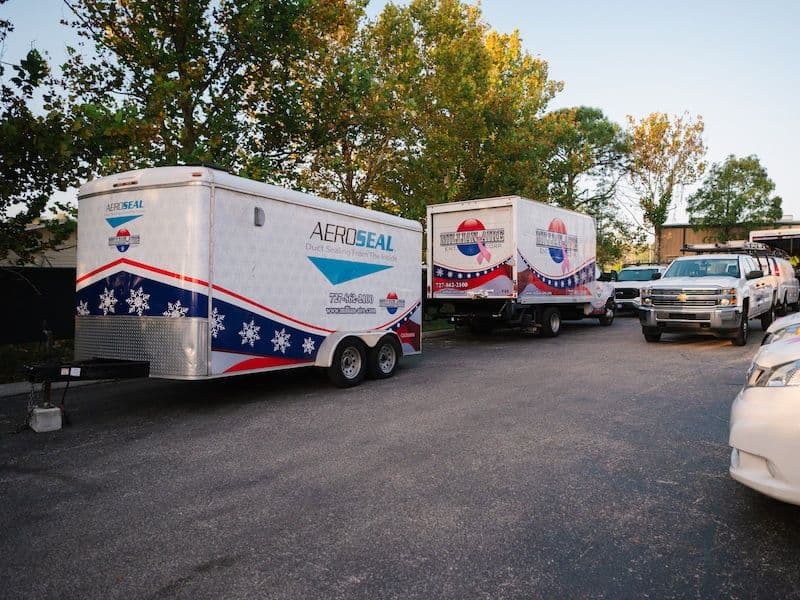
Stay Comfortable with Tampa's Trusted HVAC Experts
Our team of certified technicians is dedicated to providing the highest quality service and support. We are committed to delivering exceptional results and ensuring your complete satisfaction.
